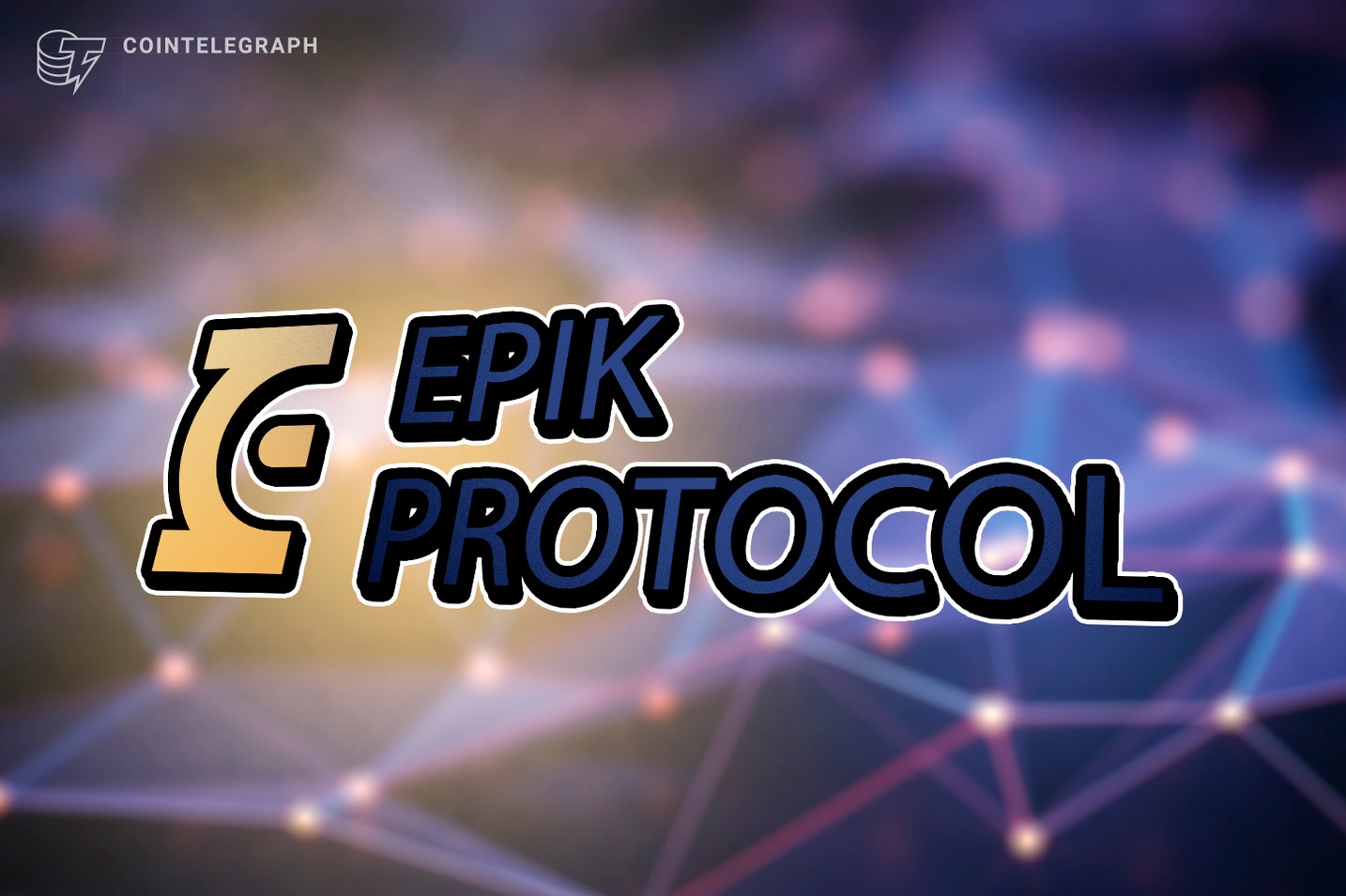On Aug. 15, 2021, EpiK Protocol, a distributed storage protocol for artificial intelligence data that has been running smoothly for a year on the test network, will be officially launched on the main network. As the first project to integrate data labeling, distributed storage and data application, EpiK Protocol tries to solve the problem of valid data shortage in the market and is committed to building a decentralized, large-scale distributed storage protocol for AI data with shared benefits.

Labeling, storage and sale: EpiK Protocol’s one-stop data service
The EpiK Protocol ecosystem introduced three types of roles, namely domain experts, bounty hunters, and data enterprises. Through the decentralized storage technology InterPlanetary File System, decentralized autonomous organization, and a token economic model, EpiK Protocol organizes and motivates members of the global community to turn human knowledge in various fields into usable AI data, and continuously updates this eternal human knowledge base.
In terms of data labeling, EpiK Protocol connects with C-side users to launch an AI data labeling system.
Domain experts design AI data formats for different domains and issue data labeling tasks where everyone can register as bounty hunters and become AI teachers to participate in data labeling and get EpiK Protocol (EPK) tokens.
After completing data labeling, bounty hunters will return the processed data and domain experts will receive EPK tokens for accepting the AI data of the domain they are in charge of. Additionally, these experts will optimize the AI data format based on data results and the data quality will be continuously improved in a virtuous cycle.
For data storage, EpiK Protocol has launched an AI data storage system.
Data that has been labeled and accepted will be uploaded by domain experts to the AI data storage system for distributed storage and the devices participating in the data storage will also be rewarded with EPK tokens.
In terms of data sales, data companies can pledge EPK tokens to access data and pay to download valid data from the AI data storage system.
As EpiK Protocol’s AI data labeling system is aimed directly at C-side users, it costs less by eliminating the presence of middlemen data labeling companies and simplifying all aspects of data processing and flow. For example, the cost of one available AI voice dialect data in the traditional market is around 12 yuan while the cost of one available data in the EpiK Protocol system is around 2 yuan, which is one-sixth of the cost in a traditional market.
Moreover, because EpiK Protocol has domain experts from various industries to govern the data, the valid data generated by the EpiK Protocol system can more accurately meet the data requirements of different AI domains.
An open economy model that collaborates with B-side, C-side and industry experts
Unlike the current business model of distributed storage which mainly revolves around B-side archived data storage services, EpiK Protocol collaborates with B-side enterprises, C-side users and domain experts, and has the ability to rival centralized internet giants in terms of cost control, revenue enhancement and service experience.
C-side users: Lower data labeling threshold
EpiK Protocol has built an AI data collection application called “Knowledge Mainland” for C-side users, which lowers the threshold of data labeling and adds fun to it. The cartoon interface and simple layout turn the boring and tedious task of data labeling into a fun game. Through gamification, EpiK Protocol organizes its global community members to build a large-scale open AI database.
All industries can create AI data types on Knowledge Mainland, including finance, medicine, law, social communication and e-commerce, among others. In the future, with the development and use of Knowledge Mainland, companies with data needs can collaborate to collect and process data.
Secondly, EpiK Protocol is more efficient in labeling. Three weeks into the operation of the AI data labeling system, EpiK Protocol has labeled 17,272 valid data with complete data metrics and each data has been manually verified up to 10 times. Compared with traditional labeling methods, EpiK Protocol’s labeling efficiency is nearly 10 times higher.
Conclusion
EpiK Protocol also started its exploration in the field of distributed governance with the release of EpiK DAO, the first DAO governance model for the distributed storage track, on July 20. Community users can participate in the dynamic regulation of EpiK’s ecological resources with the help of EpiK DAO, which effectively guarantees the EpiK community’s sustainability and fixes possible resource mismatch problems in the future.
With the advent of the Web 3.0 era, the importance of data becomes increasingly prominent. EpiK Protocol creates a low-threshold and high-efficiency data revenue sharing loop from data labeling to data distributed storage to data application for enterprises. It is worth looking forward to how EpiK Protocol will realize rich application scenarios in the future.
